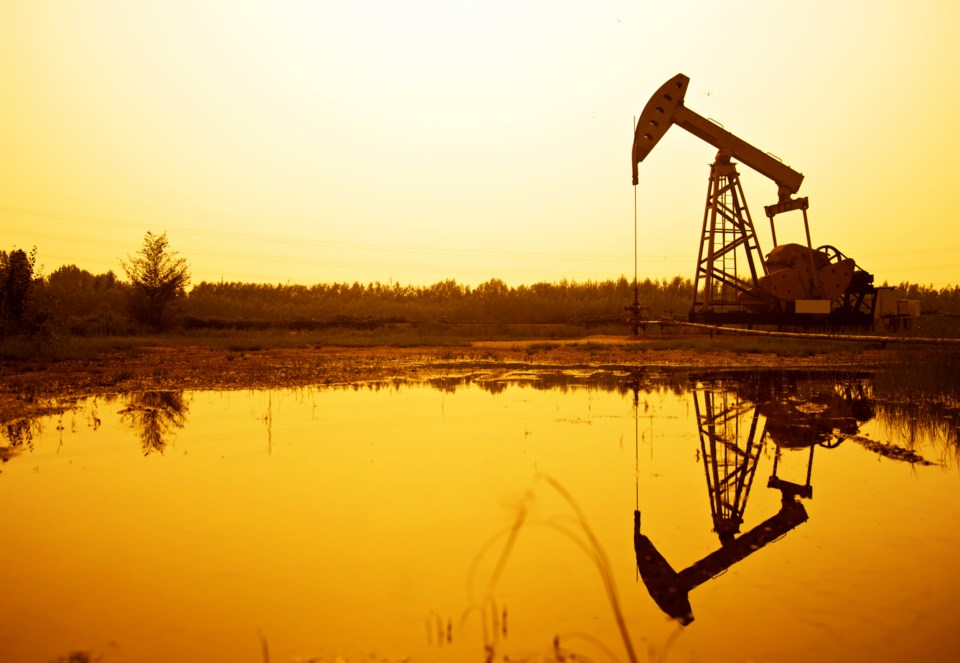Editor's note: This story was originally published by Colorado Newsline. Read the original story here.
***
DENVER -- The Colorado Oil and Gas Conservation Commission is taking public comments on new rules aiming to minimize harm to the state's wildlife.
Suzanne O'Neill, executive director of the Colorado Wildlife Federation, said her organization largely supports the proposed rules.
But she pointed to the best available science, that shows surface disturbances from oil and gas development should be limited to no more than 3% per square mile of high-priority habitat for bighorn sheep, mule deer, elk and pronghorn.
This is important, O'Neill explained, "To really protect these populations from ground disturbance and haul roads and well pads in these migratory corridors, and also their severe winter range and their birthing areas."
Industry groups have argued that current rules already provide wildlife protections, and warn that additional setbacks could hurt smaller operators.
Written comments must be submitted by noon Thursday through the commission's website, where people also can sign up to make oral comments during a hearing set for Oct. 13.
O'Neill insisted the proposal to keep oil and gas operations at least 300 feet away from high-priority fish habitat should be extended to 500 feet, to prevent sedimentation and protect against chemical spills.
She said high-value gold medal and native cutthroat trout waters should have buffers of at least a quarter-mile, and stressed economic benefits as well as environmental: "Fishing in Colorado generates about $2.4 billion in economic output annually, and supports more than 17,000 jobs."
The new rules come after Senate Bill 181, signed into law last year, changed the commission's mission from fostering oil and gas development to protecting public health and safeguarding wildlife.
O'Neill confirmed that the commission needs to hear from the public before the rules are finalized.
"It's really important that big game gain these protections, and that our aquatic resources gain greater protections," she added. "And this will all be much better than the old rules."
***
Support for this reporting was provided by The Pew Charitable Trusts.


.jpg;w=120;h=80;mode=crop)
